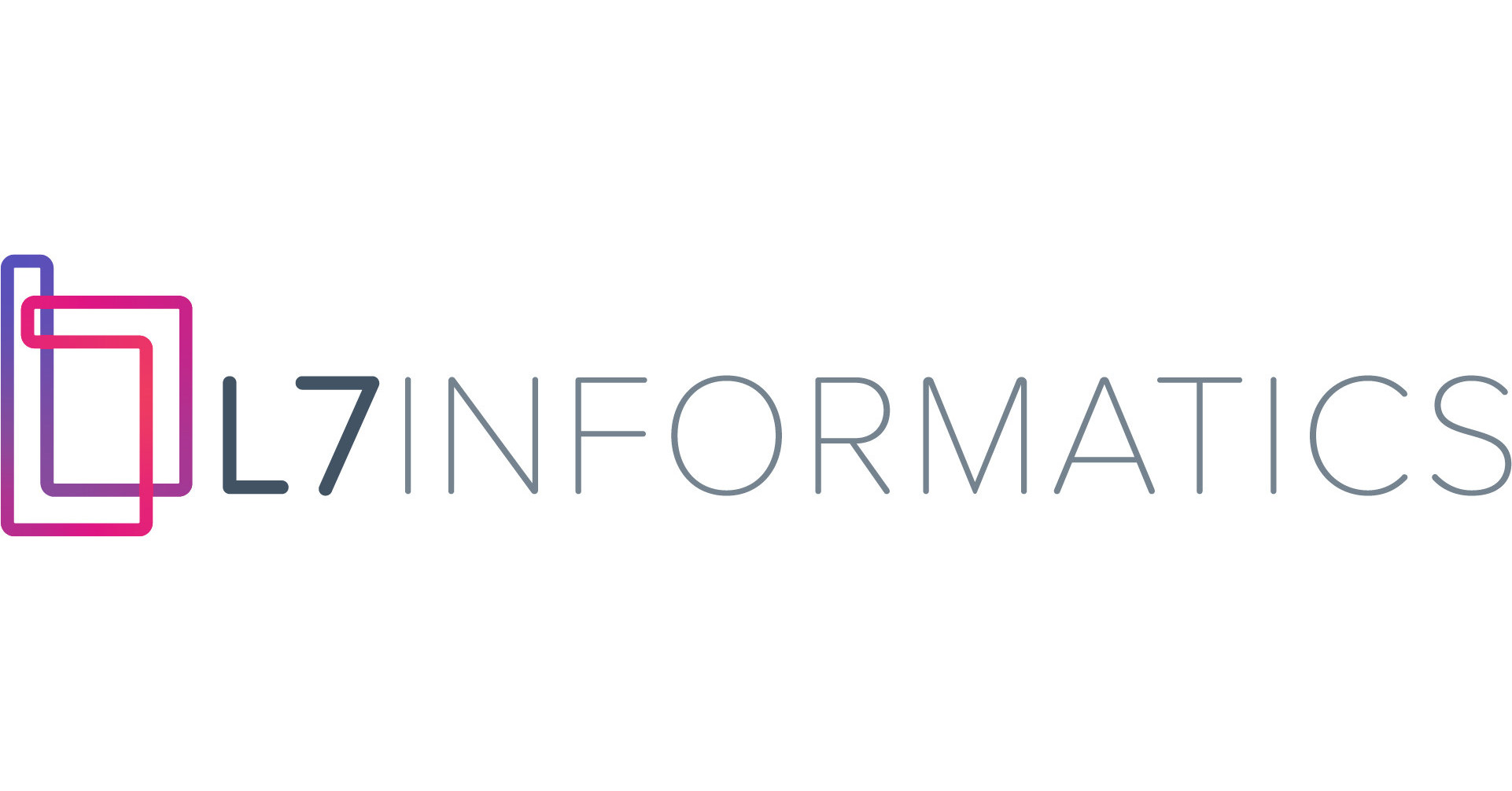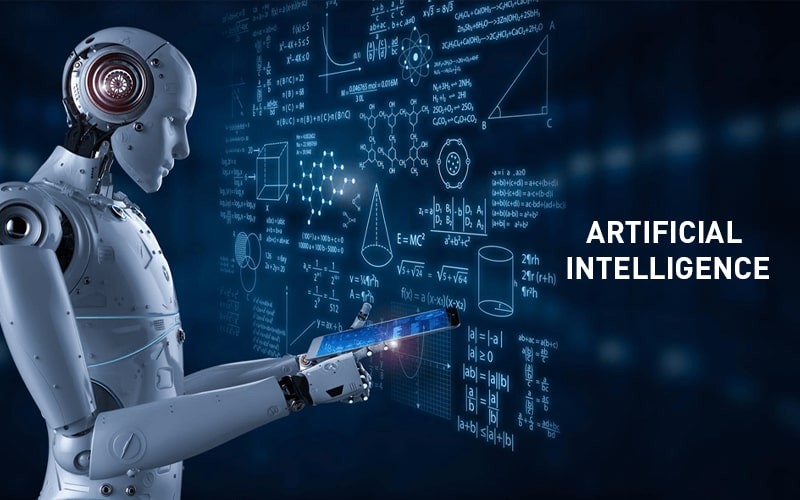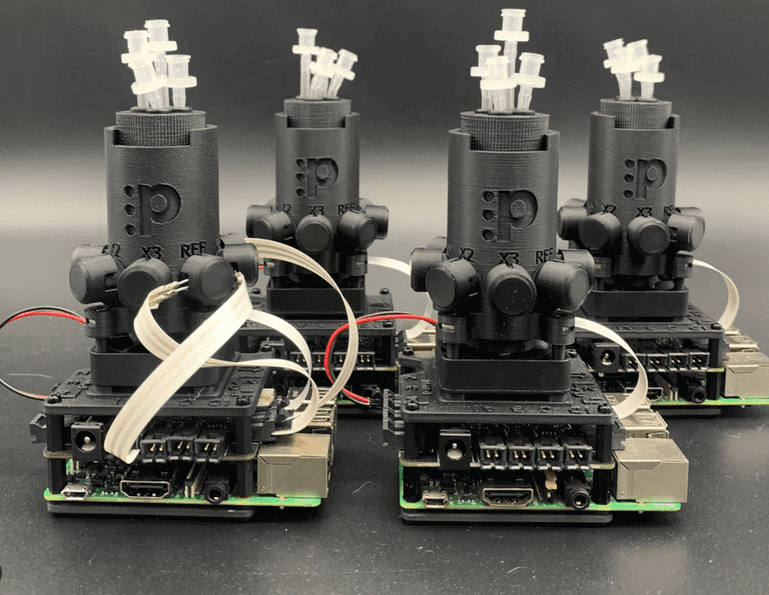Introduction to Kinetic-ID Kinetic-ID provide mobile workstation HMIs for use in GMP and non-GMP areas to pharmaceutical organizations globally. A key use case for mobile workstations within the Life Science sector is to view MES applications. Kinetic-ID are software agnostic, and their hardware can be used with any mainstream MES platform. What is a Kinetic-ID Mobile Workstation? Kinetic-ID’s mobile workstation is used to view your MES software in real-time within a GMP or non-GMP area. The solution can power a micro-PC, thin client, label printer, barcode scanner, tablet, laptop, filter…
Read MoreAuthor: MES ENGINEER
What is SCADA and what does it do?
SCADA stands for Supervisory Control and Data Acquisition. It is a system used in manufacturing and various industrial operations for monitoring and controlling processes. Here’s a breakdown of what SCADA entails:
Read MoreUnderstanding L7 ESP MES by Informatics
I recently reached out to L7 Informatics and Jessica Tobey the Vice President of Marketing was kind enough to provide me the below details about the MES solution. I recently read about the BMS and Cellares capacity reservation agreement and noticed that L7 is the MES vendor listed on the Cellares website. With that being said I wanted to learn a little bit more about the L7 solution and share the information with our websites followers. Here is the L7 Datasheet they provided…. L7 MES Blog Posts Here are some…
Read MoreUnderstanding Tulip MES
Introduction to Tulip MES Manufacturing execution systems (MES) are pivotal for modern manufacturing environments, streamlining production processes to ensure enhanced efficiency, accuracy, and productivity. Tulip MES is one such innovative system that empowers manufacturers with the ability to digitize their operations, foster continuous improvement, and adapt to the dynamic needs of Industry 4.0. What is Tulip MES? Tulip MES is a versatile and user-friendly platform designed to digitize and optimize production processes. It facilitates real-time visibility, control, and analytics of manufacturing operations, helping businesses transition from paper-based systems to smart,…
Read MoreSelecting the best MES Solution for your Life Sciences Business. What questions would you ask?
Scenario: You work in the life sciences industry and get an opportunity to help your employer choose the best MES Solution for your business. If you could ask vendors within the industry a select set of questions about their products for a side-by-side comparison… What questions would you like answered?
Read MoreMESEngineer.com – Community Driven Artificial Intelligence Project (Code Name: MESAI)
Transforming Industries through AI AI is without a doubt going to transform the industries that we work in. Major fields like Manufacturing Execution Systems (MES), Information Technology (IT), and Automation are already seeing the impact of artificial intelligence, paving the way for a revolution that promises to enhance efficiency, reduce costs, and push the boundaries of what is possible. MES Industry In the Manufacturing Execution Systems industry, AI optimizes production processes by predicting maintenance needs and streamlining operations. It enables real-time decision-making, reducing downtime and improving product quality. The future…
Read MoreMeet the Pioreactor
The Pioreactor: Revolutionizing Biotechnology at Home The Pioreactor, a groundbreaking innovation in the field of biotechnology, has brought the power of scientific experimentation right into the homes of enthusiasts and professionals alike. This compact and user-friendly device is changing the way researchers conduct experiments, paving the way for new discoveries and advancements in various fields. What is the Pioreactor? The Pioreactor is a fully automated, open-source fermentation device that provides an ideal setting for cultivating microorganisms. It allows users to monitor and control various parameters such as temperature, pH, and…
Read MoreWhy Chinese Hamster Ovaries are used in the pharmaceutical industry?
Chinese hamster ovary (CHO) cells are commonly used in the pharmaceutical industry for the production of therapeutic proteins. There are several reasons for this: It is important to note that while CHO cells are widely used, other cell lines such as human embryonic kidney (HEK) cells and insect cells (baculovirus expression system) are also utilized in the pharmaceutical industry for protein production. The choice of cell line depends on factors such as the nature of the protein being produced, production requirements, and regulatory considerations.
Read MoreUpstream vs Downstream – Pharmaceutical Manufacturing Explained
Upstream and downstream are terms used in pharmaceutical manufacturing to describe different stages of the production process. Upstream refers to the initial stages of manufacturing, which involve the cultivation and growth of cells or organisms that produce the desired drug or therapeutic substance. This can include activities such as cell line development, fermentation, and primary purification. Downstream refers to the subsequent stages of manufacturing, which involve the purification, separation, and processing of the drug substance obtained from upstream processes. Downstream activities typically include filtration, chromatography, crystallization, and formulation. In summary,…
Read MoreUsing IIoT and AI in Manufacturing
IIoT (Industrial Internet of Things) refers to the network of interconnected devices, sensors, and machines in industrial settings. It enables the collection, analysis, and sharing of data to improve efficiency, productivity, and decision-making. AI (Artificial Intelligence) can be integrated with IIoT to enhance manufacturing processes in several ways: In summary, the combination of IIoT and AI in manufacturing allows for improved predictive maintenance, enhanced quality control, optimized production, intelligent automation, and product innovation. This integration can drive operational excellence, cost savings, and competitive advantages in the manufacturing industry. OPEN Source…
Read More









